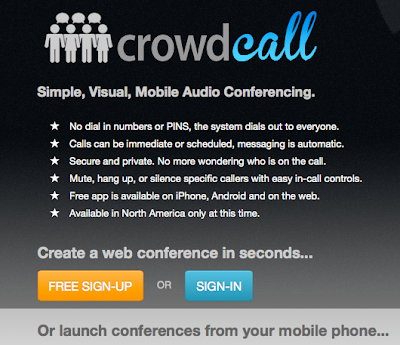 It produced the same effect as cupping both your hands around the mouthpiece of the two-pieced candlestick model telephone, with others in the room only hearing a rumbling of indiscernible sounds.
It produced the same effect as cupping both your hands around the mouthpiece of the two-pieced candlestick model telephone, with others in the room only hearing a rumbling of indiscernible sounds. Callers only needed to slide the Hush-A-Phone over the mouthpiece of the phone, place their lips in the circular opening, and speak. The device was simple, easy to use, and it worked.
Callers only needed to slide the Hush-A-Phone over the mouthpiece of the phone, place their lips in the circular opening, and speak. The device was simple, easy to use, and it worked.Yet, the Hush-A-Phone isn’t remembered for its simplicity, or success in creating an artificial cone of silence. Rather, the device is known for waging a war against the telecommunication giant, AT&T—a historic legal battle law experts compare to feuds over today’s open internet. more
Predating the Hush-A-Phone by about 20 years was The Whispering Mouthpiece. ~Kevin





















